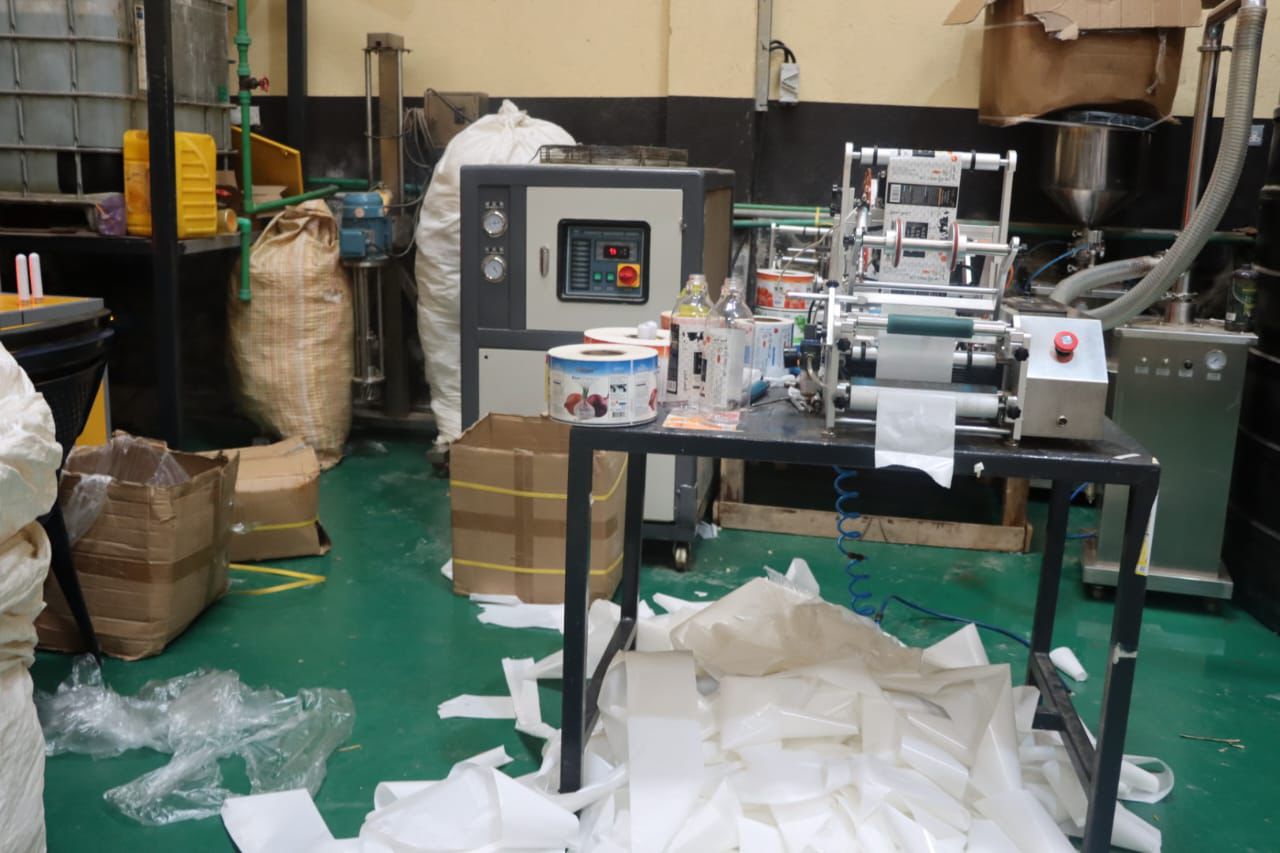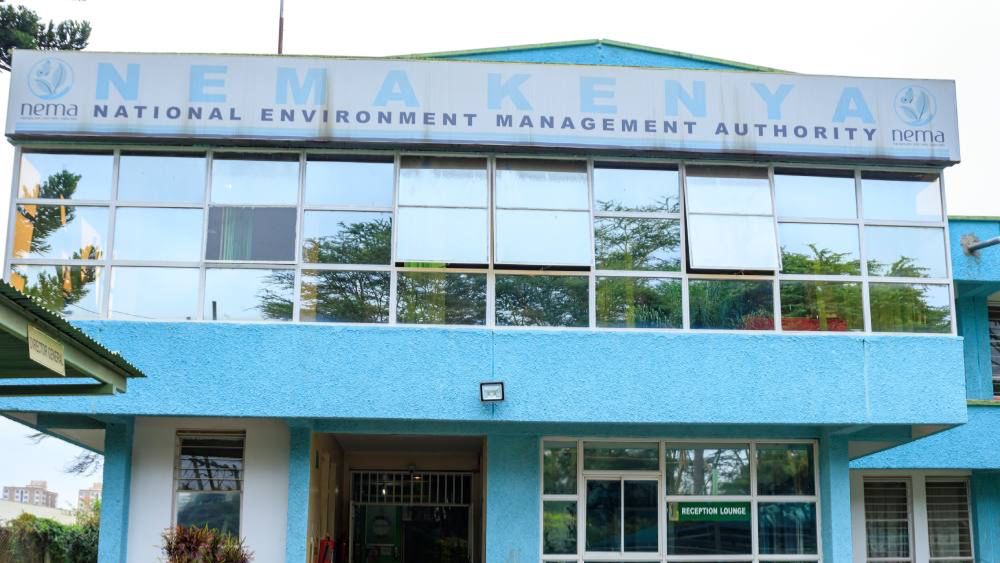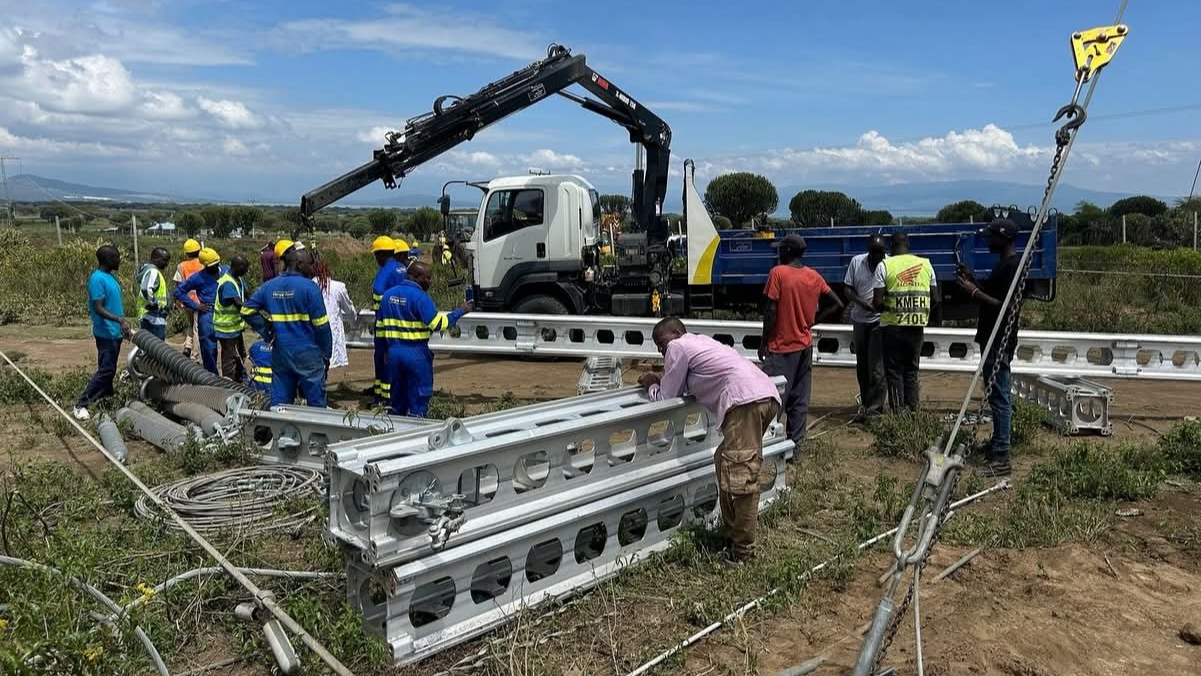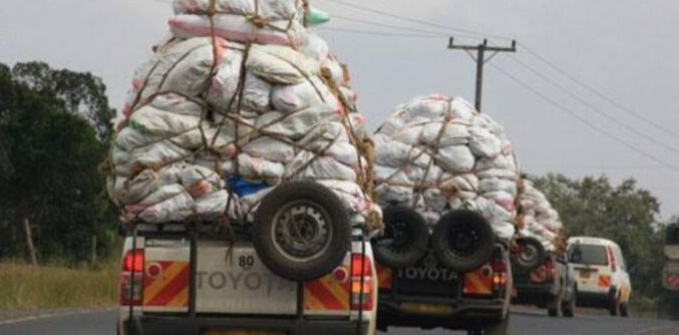The National Environment Management Authority (NEMA) has launched a new crackdown targeting illegal manufacturers of banned polythene bags across the country.
In a statement on Thursday, August 19, the authority revealed that its enforcement teams have intensified operations following concerns that some companies have continued to engage in the outlawed trade.
"NEMA inspectors carried out operations in several facilities suspected of manufacturing banned polythene bags. This follows reports that some companies have been operating discreetly in the production of the outlawed bags," the statement read.
NEMA explained that the renewed crackdown is part of its commitment to protecting the environment, further appealing to the public to help report people involved in making the bags.
"NEMA will continue surveillance to eradicate illegal production and ensure that offenders are prosecuted. We urge members of the public to report any persons involved in the production or distribution of banned plastic bags through: 0741 101 100 / 0786 101 100 or [email protected]," the statement added.
Read More

Kenya introduced plastic bag bans in August 2017, prohibiting the manufacture, sale and use of all single-use plastic carrier bags.
The law carried heavy penalties, including fines of up to Ksh4 million or prison sentences of up to four years.
Three years later, in June 2020, the government extended restrictions to include other single-use plastics such as bottles, cups and straws in national parks, forests, beaches and conservation areas.
"The preservation of our environment is tied to our well-being and the well-being of future generations. This ban is yet another first in addressing the plastic pollution catastrophe facing Kenya and the world, and we hope that it catalyses similar policies and actions from the East African community," Najib Balala, the then Cabinet Secretary for Tourism and Wildlife said.
Reports showed that within two years, about 80 percent of businesses and consumers had stopped using the outlawed bags, with compliance reaching as high as 95 percent by 2021.
However, enforcement challenges soon emerged as many traders and households continued to access banned plastics, largely smuggled across porous borders with neighbouring countries.
This comes three months after NEMA ordered the immediate closure of over 200 gold mining sites in the Kambi Karai and Lami Nyeusi regions along River Turkwel in Sigor, West Pokot County.
In a statement issued on Monday, June 9, the authority said the mining activities were causing significant harm to the environment and had been operating illegally without proper environmental oversight.
"The Authority has been receiving numerous complaints on the illegal mining points along River Turkwel, with more than 200 gold mining points. The sites are operating without Environmental Impact Assessment (EIA) licenses, leaving deep holes and dirty waters along the river, making it unsuitable for domestic consumption," the statement read.
NEMA added that the shutdown would remain in effect until all sites meet the required legal and environmental standards.
"During the closure period, the Authority will be assessing the environmental compliance levels on the mining sites to ensure only the ones that meet EIA and Audit conditions, as well as decommissioning plans, will be licensed before resuming operations," the statement added.






-1754802979.jpg)